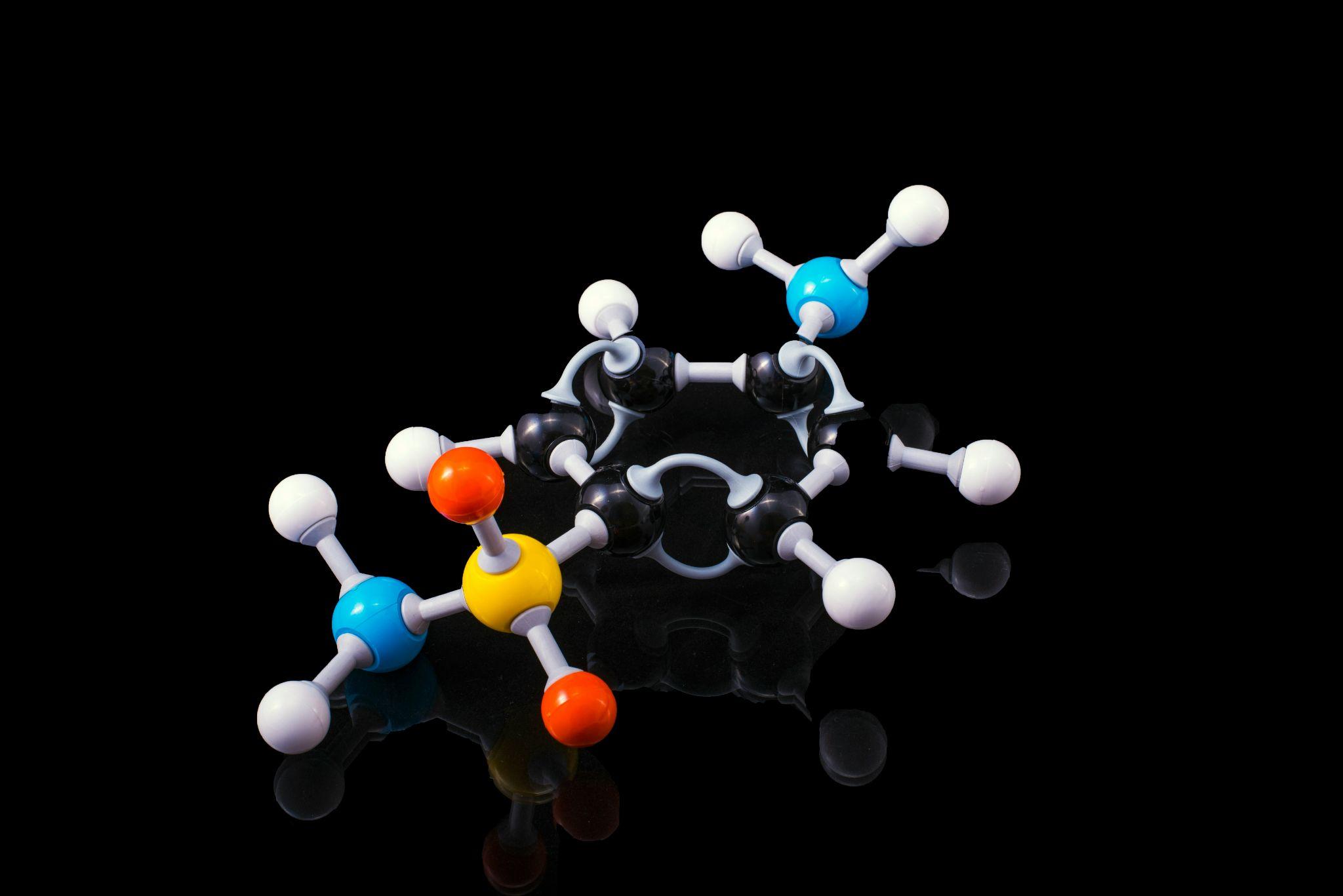Ketamine, a hallucinogenic drug primarily used in medical and veterinary settings, can have extensive and enduring effects on the individual when misused. Understanding the duration of its presence in the system is essential, particularly for those seeking treatment for substance abuse.
This article aims to provide a comprehensive overview of the science behind ketamine, its longevity in the system, and its long-term implications. It will detail the detoxification and recovery process, equipping readers with the knowledge required to make informed decisions about treatment options and the importance of professional intervention in overcoming ketamine misuse or addiction.
Understanding Ketamine’s Effects
Before delving into the duration of ketamine in the system, it is essential to first understand the impact this substance has on the human body and mind. The short-term effects of ketamine can be both psychological and physical, varying significantly based on dosage.
The dosage impact of ketamine is profound. Lower doses may cause hallucinations, distortions in perception, and a disconnection from reality, known as the ‘K-hole.’ Higher doses can lead to more severe and dangerous effects, such as respiratory issues or heart failure.
Psychologically, ketamine use can lead to severe anxiety, paranoia, and panic attacks. It can also induce a state of temporary amnesia, where the user is unable to remember events that occurred while under the influence of the drug. Furthermore, repeated use can lead to long-term cognitive impairment, affecting memory and attention span.
Physically, ketamine can cause immediate effects like increased heart rate, nausea, and motor function impairment. Long-term physical effects may include bladder problems, liver damage, and even a risk for developing addiction. Understanding the impacts of ketamine is crucial for comprehending its duration in the system.
Factors Determining Ketamine Duration
The duration of ketamine in the system is influenced by several factors, including the individual’s metabolism, body mass, hydration level, and the frequency and dosage of use. Firstly, the metabolism rate plays a significant role. A high metabolic rate aids in the rapid breakdown and elimination of ketamine from the body. Conversely, a lower metabolic rate may result in a prolonged presence of the drug in the system.
The dosage amount is another critical factor. Larger dosages take a longer time to be metabolized and excreted from the body than smaller ones. Frequent use of ketamine can lead to accumulation of the drug in the body, thereby extending its presence within the system.
An individual’s body composition, particularly body mass and hydration level, also impacts the duration of ketamine in the system. Individuals with higher body mass may retain ketamine longer due to greater fat content, as ketamine is fat-soluble. Hydration levels can affect the rate at which the kidneys filter out the drug. A well-hydrated body can expedite the elimination process, reducing ketamine’s duration in the system.
Detecting Ketamine in the Body
How, then, can one detect the presence of ketamine in the body?
The principal method of detection is through drug tests, which can identify the presence of ketamine or its metabolites in the body’s fluids. The half-life of ketamine, or the time it takes for half the drug to be eliminated from the body, is approximately 2.5 to 3 hours. However, this can vary significantly depending on factors such as the individual’s metabolism rate, age, health status, and the amount of drug taken.
Detection windows, or the period during which drug tests can accurately identify the drug, differ based on the type of test used.
Urine tests, the most common form of drug testing, can typically detect ketamine for up to 14 days after use. Blood tests have a shorter detection window, usually up to 24 hours. Hair follicle tests, while less common, can detect the presence of ketamine for up to 90 days.
It’s vital to note that these detection windows are averages and can vary based on the factors mentioned earlier, primarily metabolism rate. Therefore, the precise time ketamine remains detectable in the body can differ from person to person.
Implications of Long-Term Use
With prolonged use, the presence of ketamine in your system can lead to various health implications, warranting a closer look at these effects. The health risks associated with long-term ketamine use are substantial and multi-faceted. Physically, it can cause severe damage to the bladder and urinary tract, leading to painful urination, blood in urine, and, in extreme cases, surgery may be required to remove the bladder.
The cognitive impact should not be overlooked. Chronic use can lead to significant impairments in memory, attention, and the ability to think and learn. Research indicates that these changes could be long-lasting, even after cessation of use. The addiction potential of ketamine is another concern. Users may develop psychological dependence, experiencing strong cravings and withdrawal symptoms, making cessation challenging.
The social consequences of long-term ketamine use are profound. It can lead to isolation from family and friends, loss of employment, and legal issues. Such social repercussions further compound the psychological distress associated with addiction, creating a vicious cycle that can be difficult to break. Therefore, understanding these implications is crucial for anyone considering or already engaged in long-term ketamine use.
Frequently Asked Questions
What Are the Potential Withdrawal Symptoms After Stopping Ketamine Use?
Withdrawal symptoms following the cessation of ketamine use can be multifaceted and uncomfortable. Users may experience ketamine cravings, indicative of psychological dependence. Physical discomfort, often in the form of shakes, sweats, and rapid heart rate, is common. Sleep disturbances, such as insomnia or vivid nightmares, can also occur. Emotional instability, including anxiety and depression, is a frequent challenge. These symptoms highlight the seriousness of ketamine withdrawal and the need for professional assistance.
How Does Ketamine Interact With Other Substances or Medications?
Ketamine can interact negatively with both alcohol and other prescription drugs. Combining ketamine with alcohol may significantly increase the risk of harmful effects such as respiratory distress. Interaction with certain prescription drugs can enhance the sedative effect of ketamine, potentially leading to an overdose. The recreational use of ketamine also carries inherent risks, including addiction and severe physical harm. Therefore, it’s crucial to consult a healthcare professional before mixing ketamine with other substances.
Can a Person Develop a Tolerance or Dependence on Ketamine?
Yes, a person can develop both tolerance and dependence on ketamine. Frequent recreational use can lead to an increase in the required dosage for the same effect, indicating tolerance. Dependence occurs when the body adjusts to the drug, causing withdrawal symptoms upon cessation. Despite ketamine’s legality for medical use, its accessibility contributes to overdoses. It’s crucial to understand these risks before considering its use.
What Treatment Options Are Available for Someone Struggling With Ketamine Abuse?
Treatment options for ketamine abuse encompass various intervention strategies such as detoxification and medication-assisted therapy. Rehabilitation centers provide structured environments for recovery, offering therapeutic approaches like cognitive-behavioral therapy and motivational interviewing. It’s vital to consult health professionals to determine the most effective treatment plan.
How Does Ketamine Abuse Affect Mental Health Over Time?
Ketamine abuse can severely impact mental health over time. Prolonged use can lead to ketamine-induced psychosis, characterized by hallucinations and delusions. Cognitive impairments are also common, including problems with memory, attention, and problem-solving skills. Emotional disruptions such as anxiety, depression, and mood swings can occur. Neurological consequences, including damage to brain structures and functions, are long-term effects.
Final Thoughts
The duration of ketamine in the system depends on multiple factors including dosage, metabolism, and individual health conditions. It can be detected in the body for up to 90 days post intake. Chronic misuse can lead to severe long-term effects, necessitating a comprehensive detoxification process. Knowledge of these aspects can aid in informed decision-making regarding treatment options, highlighting the importance of professional assistance in overcoming ketamine addiction.
At Altitude Recovery, we’re committed to lifting you from the depths of substance use challenges to the heights of recovery and resilience. Our expert team provides personalized, evidence-based treatment services designed to support your distinct path towards healing. Reach out to us for the understanding and compassionate care you deserve on your journey to wellness.





